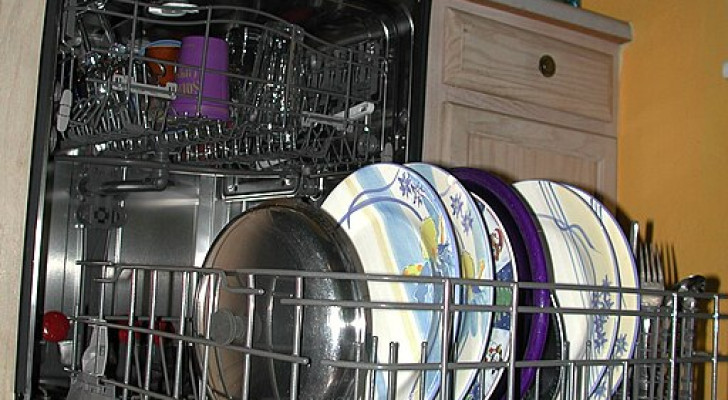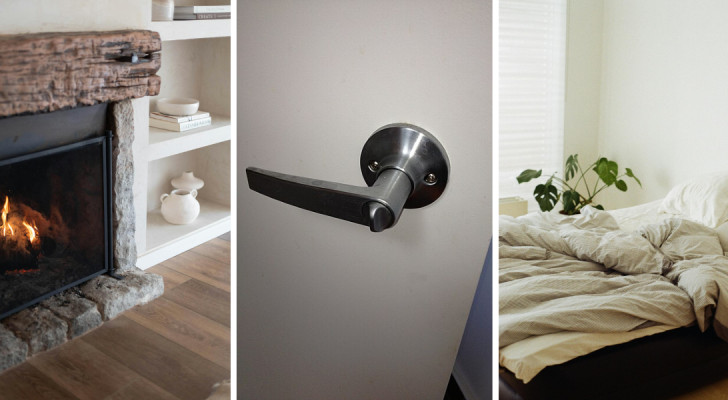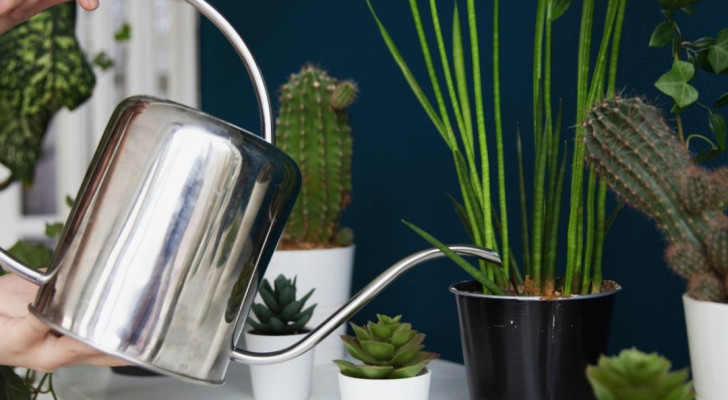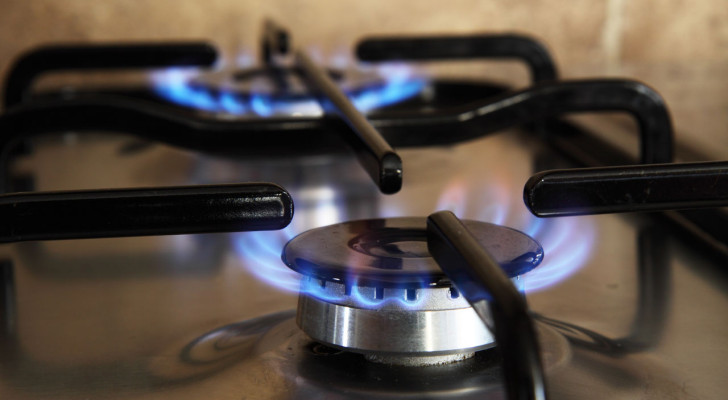High levels of humidity in your home? The main causes, risks and possible remedies
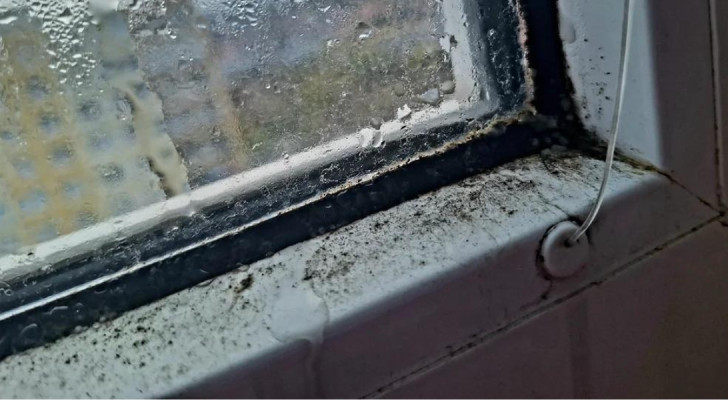
Ever-present in the atmosphere at varying percentage levels, high, persistent humidity can quickly become a problem in homes. And aside from the obvious environmental conditions, some daily activities conducted inside homes can negatively affect these levels too.
In this short guide, we outline the main causes and remedies for reducing high humidity levels in your home. Read on to find out more:
Main causes of excessive humidity in the home
As mentioned above, there are several factors that can contribute to significantly raising humidity levels in a home, the most common being:
- Certain daily household activities: hot baths and showers, cooking food, using kettles and the "bad" habit of drying laundry indoors are all activities that will increase humidity levels in your home, if not managed properly;
- Lack of ventilation: it's certainly true that in winter, the cold "encourages" us to keep the windows closed; in summer, the heat outside and the proliferation of annoying insects can do the same. But to reduce humidity levels in a home, it's essential that all the rooms are ventilated regularly by opening the windows for at least 15 minutes a day to air out the house;
- Climatic conditions: houses located along coastal strips, near rivers and lakes or in high-rainfall areas are more likely to be exposed to high, persistent levels of humidity;
- Structural causes: in some cases, the materials a house was built with and/or high ground humidity levels can contribute to a significant increase in humidity levels inside a home. For example, moisture from surrounding, wet/waterlogged soil can rise up through the foundations and get into the home; walls built with materials containing salt minerals will "suck up" moisture, or; humid air can get through gaps and cracks in old doors and window frames that are not in good condition.
Remedies to combat high humidity levels in the home
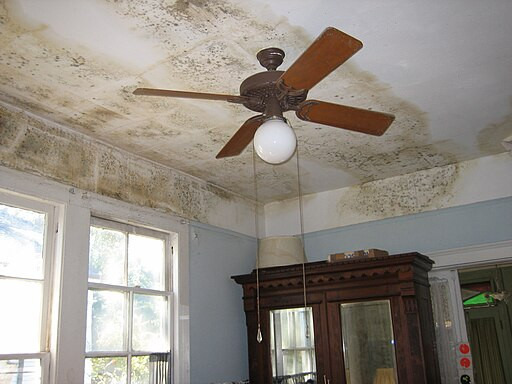
Infrogmation/Wikimedia Commons
After identifying the causes of high humidity levels in your home, you can set about rectifying the situation:
- Keeping the windows open (or ajar) while cooking or when taking a bath or shower is an excellent way to avoid humidity build-up. If your bathroom doesn't have a window, use a fan to disperse the humid air;
- Take showers rather than baths: in a shower, you can reduce the temperature of the water easily and even turn it off while you soap yourself down. These measures will not only help you keep humidity levels under control, but will also help you save on power and water bills;
- Avoid drying laundry inside the home: hang wet laundry outside whenever possible and/or use your tumble dryer (if you have one). If you have to dry your laundry indoors, use a dehumidifier or place your clothes horse in a well-ventilated room;
- Make sure your water pipes are not leaking and repair any leaks as soon as possible;
- Keep the gutters clean to prevent debris from stopping rainwater from draining away properly and which could soak into the walls;
- Check the home's perimeter walls and determine if you need professionals to intervene to deal with environmental conditions that could be causing rising damp and high humidity levels inside your home.
In addition to the above measures, you can lower humidity levels in your home with the following remedies:
- Use plants: some plants - such as ivy, ferns or the Rose of Jericho (Anastatica) - are well-known for their ability to remove humidity from the air;
- Place charcoal briquettes in your rooms and replace them every 2/3 months;
- Make DIY dehumidifiers: simply place a jute/burlap bag containing rock salt into a perforated container to make your own, all-natural dehumidifier.
Do you have a humidity problem in your home?
